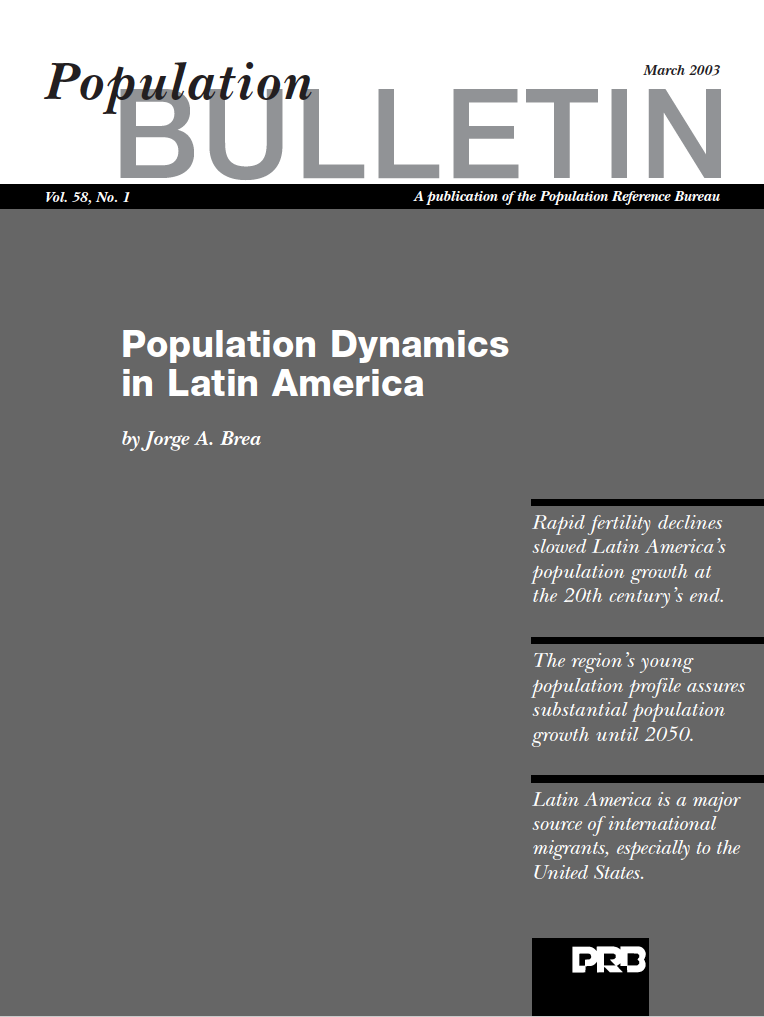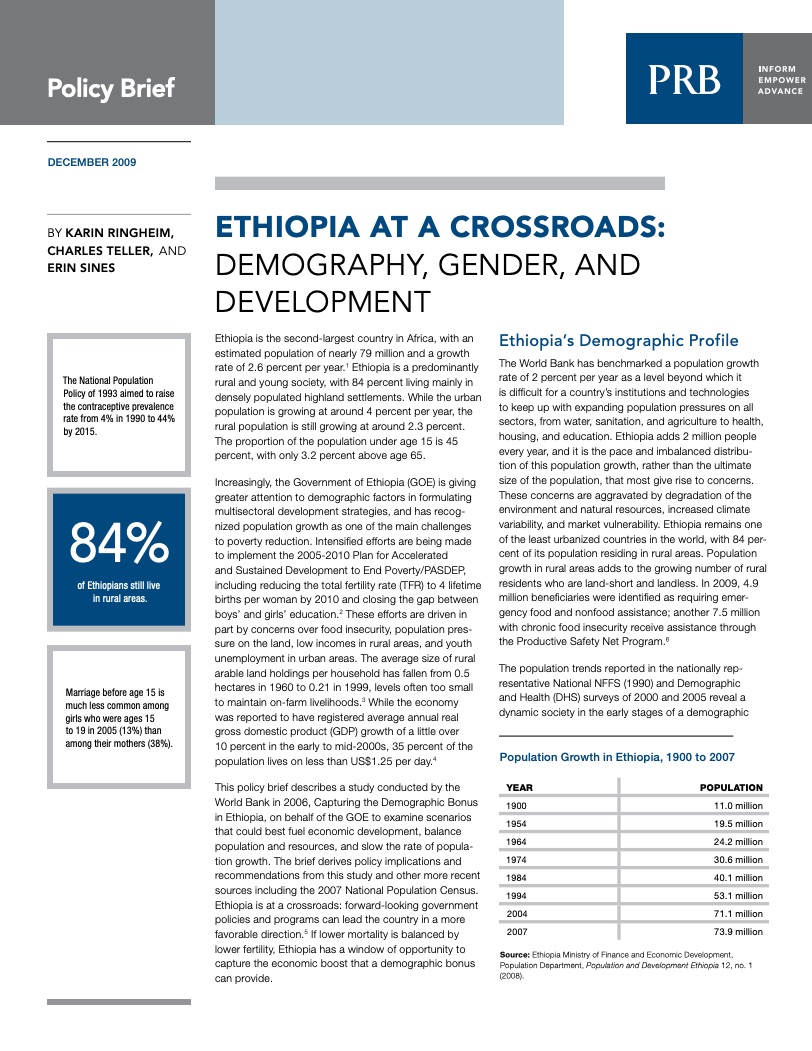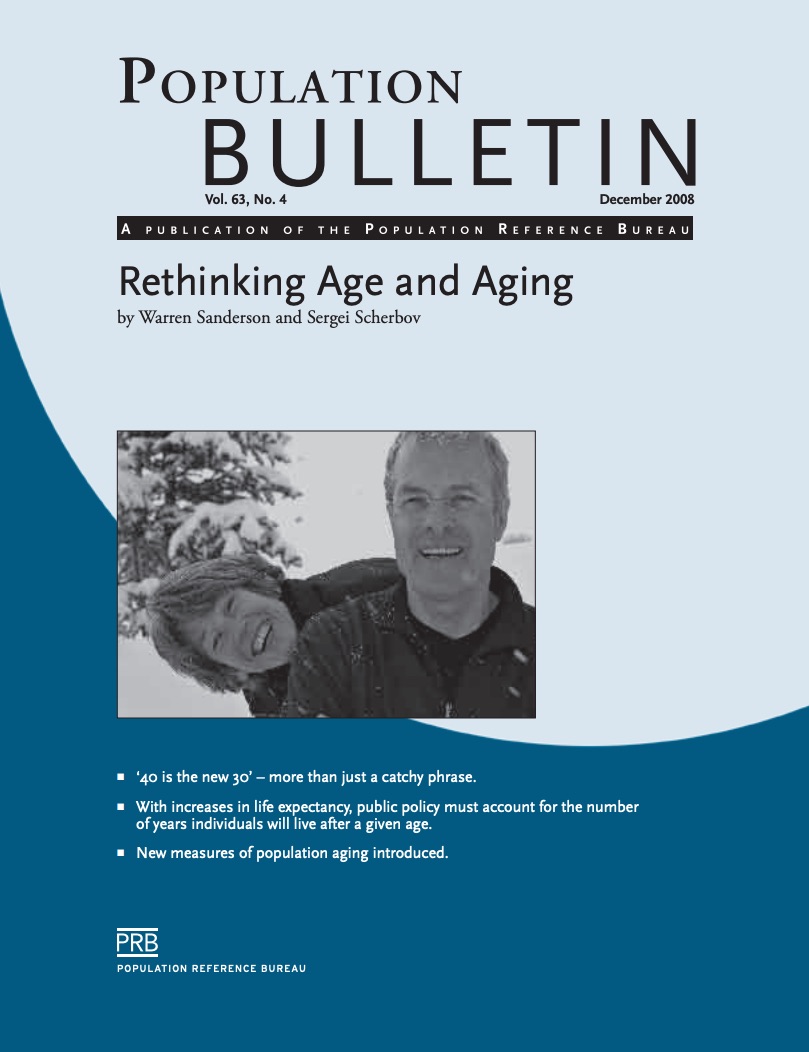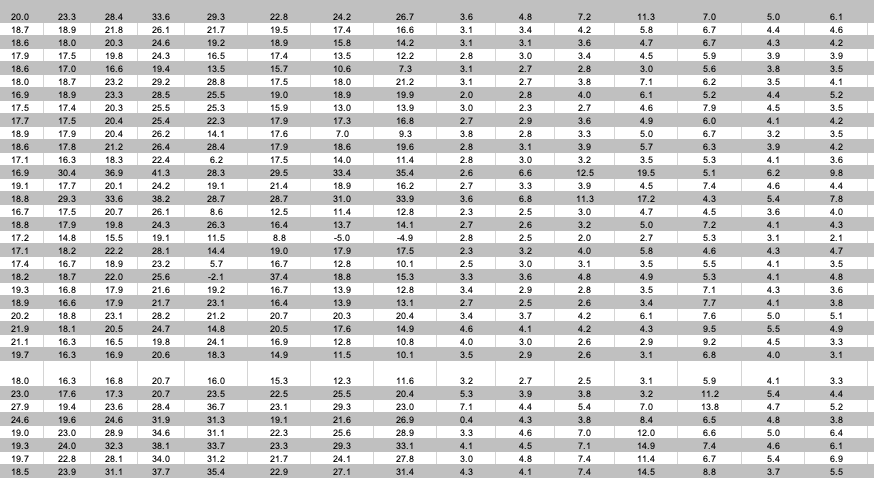Growth and Migration in the American Southwest: A Tale of Two States
5 takeaways from population data in Arizona and New Mexico

5 takeaways from population data in Arizona and New Mexico


This guide explains what’s behind falling fertility rates, unpacks common assumptions about fertility decline, and explores how policymakers can respond.

(2010) The State of Metropolitan America, by the Brookings Institution's Metropolitan Policy Program, identifies five demographic trends and developments that dominated the first decade of the 2000s in the 100 largest metro areas of the United States.


(December 2008) According to the United Nations (UN), "Population ageing is unprecedented, without parallel in human history and the twenty-first century will witness even more rapid ageing than did the century just past."

(December 2008) According to the United Nations (UN), "Population ageing is unprecedented, without parallel in human history and the twenty-first century will witness even more rapid ageing than did the century just past."

The consequences of demographic change as a “megatrend” of our time are not a far destiny anymore but more and more felt in our direct living environment: within families, neighborhoods, municipalities, and regions.
In November 2007, an East Africa Population, Health, and Environment (PHE) network took shape at a conference convened by the Population Reference Bureau (PRB) and LEM Ethiopia, the Environment and Development Society of Ethiopia.